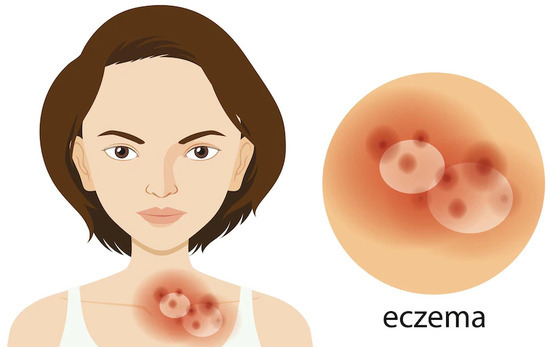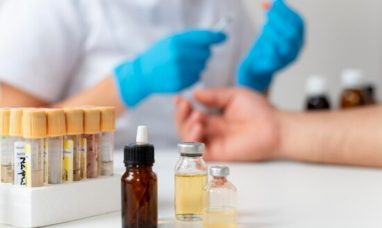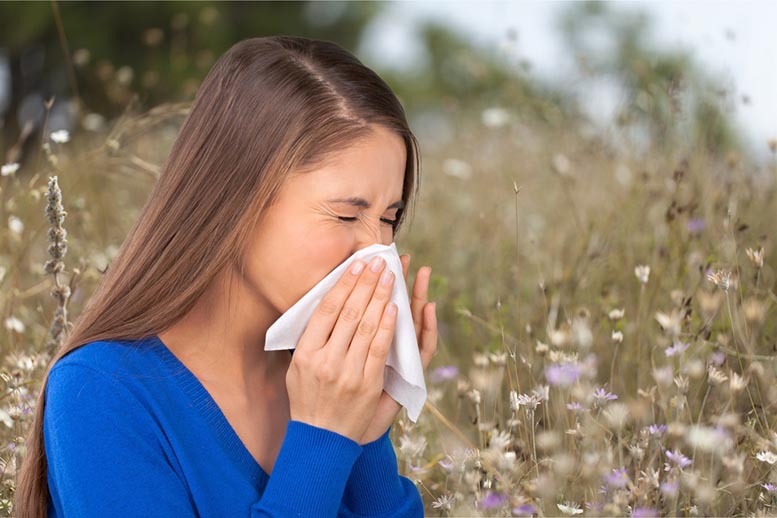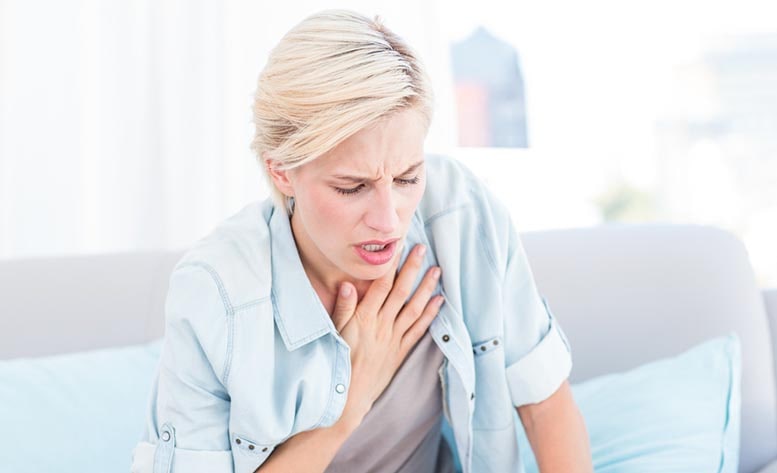Eczema is a skin disease. It is not associated with any particular disease and happens to be present in various forms in several diseases. It causes the skin to be extremely itchy, red, elevated, and patchy. Dry and scaly patches tend to develop over time. Eczema affects all age groups. Although there is no cure for severe eczema, there are several treatment methods available to provide temporary relief and alleviation. Each person may require a different plan of severe eczema treatment, in accordance with the progression of the disease and particular symptoms and requirements.
Types oF Eczema Treatment Options
Topical Corticosteroid Creams and Ointments
Topical corticosteroid creams and ointments have anti-inflammatory properties. They can help relieve one of the main symptoms of severe eczema. They effectively reduce skin inflammation and itchiness and must be applied directly on the skin. Consult a doctor before choosing a particular cream or ointment. Creams and ointments have different properties and one may suit the skin better than the other.
Systemic Corticosteroids
Systemic corticosteroids are taken only if topical corticosteroid creams and ointments are not healing the skin. Systemic corticosteroids are more effective than topical treatments and must be prescribed by a doctor. This medication is either taken orally or is injected. They are used for shorter periods than topical treatments.
Phototherapy
Phototherapy is a severe eczema treatment method that is slowly gaining popularity. In this treatment, the skin is exposed to mild amounts of Ultraviolet B light (Ultraviolet A light is used as well but UVB is preferred). The skin is carefully monitored during treatment, as large amounts of UVB is harmful to the skin. Phototherapy is known to have helped 70% of its patients (either temporarily or permanently).
Others
There are several severe eczema treatment methods available for special cases. At times, other diseases occur simultaneously with eczema. Antibiotics are prescribed in case eczema prevails alongside a bacterial skin infection. Similarly, antivirals and antifungal medications are used to treat simultaneous occurrences of viral and fungal infections. Antihistamines enable the body to control its tendency to scratch itchy skin at night. Topical calcineurin inhibitors decrease inflammation and prevent flare-ups of the skin. It works on the immune system and suppresses its action.
Featured Image: Freepik @ brgfx








